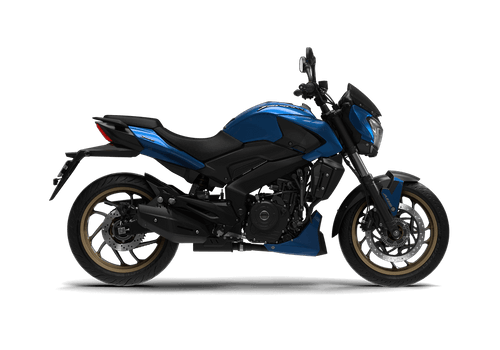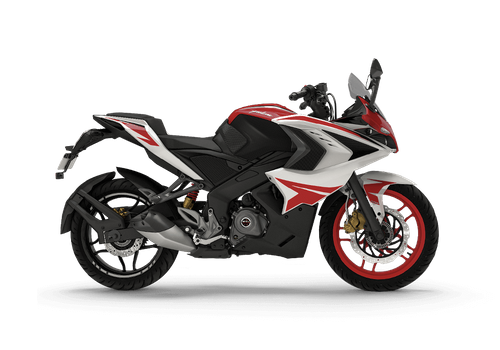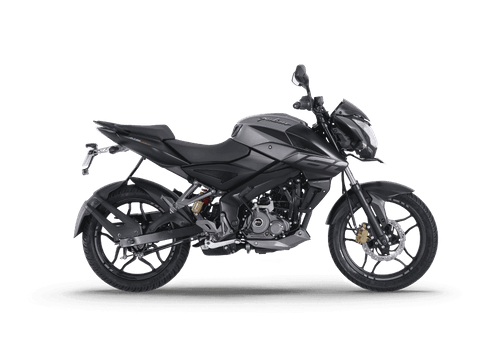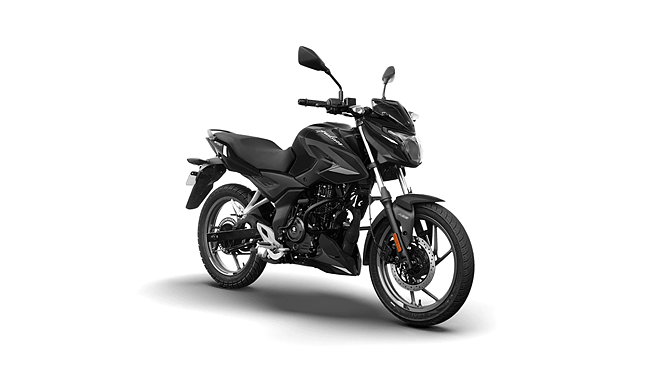When one climbs up the saddle of their motorcycle, the first thing they notice is the instrument cluster of their bike.
An instrument cluster is the analogue, semi-digital or completely digital control panel that sits right in front of the rider’s POV. The instrument cluster consists of digital or analogue gauges that indicate the various functionalities of a motorcycle.
There are essentially three types of instrument clusters in bikes and they are mentioned below:
Analogue instrument clusters are simple and convenient. Furthermore, analogue instrument clusters do not have the designing complexities of digital and semi-digital instrument clusters. It is easy to track the changes in the information displayed by the gauges in an analogue instrument cluster. The reason is simple. The changes in the information displayed by the gauges in an analogue instrument cluster take place continuously. Since the gauges are not refreshing, there is no room for latency in the changing information. Hence, the rider of a bike has access to continuously changing readouts at all times. Analogue instrument clusters, however, do suffer from the issue of parallax error.
Semi-digital instrument clusters offer the charm of an analogue tachometer paired with the convenience of a MID (multi-information display). Semi-digital instrument clusters display information like engine oil temperature, fuel, odometer etc. in the digital display unit.
Additional Read: What Is Motorcycle Engine Management Systems?
Digital instrument clusters perform in a manner similar to the way analogue clusters do. However, there is one difference. Digital instrument clusters offer accurate readouts. Furthermore, there is absolutely no chance of the bike rider getting parallax errors while reading the digital gauges. Digital instrument clusters are programmed to entail customizable themes, colours and imagery. Digital instrument clusters entail scalable programming. It means that an OEM digital instrument cluster can be fiddled with in aftermarket shops in a bid to make them display additional information.
Indian motorcycles have come a long way. These days, motorcycle brands in India are decking out their bike line-ups with the best hardware. The following sections shine a light on some bikes with multi-functional instrument clusters.

The Bajaj Dominar 400 is a touring-capable street bike from Bajaj. The current ex-showroom price of the bike is Rs. 2, 77,945. The motorcycle is powered by a 373.3cc BS6 engine. The peak power and torque outputs of the engine are 39.42 bhp and 35 Nm. The bike comes with front and rear disc brakes as well as ABS. The bike also flaunts two fully digital instrument clusters with multiple functionalities.

The Bajaj Pulsar RS 200 is a premium sports bike from the brand. The current ex-showroom price of this motorcycle is Rs. 2, 05,690. The bike is powered by a 199.5cc BS6 engine. The peak power and torque outputs of the engine are 24.1 bhp and 18.7 Nm. The bike is equipped with front and rear disc brakes as well as ABS. The bike is equipped with a semi-digital instrument cluster with multiple functionalities.

The Bajaj Pulsar N250 is a brand-new street motorcycle from Bajaj. The starting ex-showroom price for this bike currently is Rs. 1, 69,427. The motorcycle is powered by a 249cc BS6 engine. The peak power and torque outputs of the engine are 24.1 bhp and 21.5 Nm. The bike is equipped with front and rear disc brakes as well as ABS. The motorcycle comes from the factory with a semi-digital instrument cluster with multi-function programming.
Additional Read: Two-Wheeler Loan with Low CIBIL Score: Tips for Approval

The Pulsar N160 is positioned in the middle of the N250 and the F250. It is a street bike with the current ex-showroom price of Rs. 1, 44,766. The bike is powered by a brand-new 164.82cc BS6 engine. The peak power and torque outputs of the engine are 15.68 bhp and 14.65 Nm. The bike comes with front and rear disc brakes as well as ABS. The bike flaunts a semi-digital instrument cluster with relatively limited programming.

The Pulsar P150 is a modern take on 150 CC commuter street bikes. However, it is not the spiritual successor of the OG Pulsar 150. The current ex-showroom price for this motorcycle is Rs. 1, 40,948. The engine powering this motorcycle is a brand-new 149.68cc BS6 unit. The peak power and torque outputs of this engine are 14.29 bhp and 13.5 Nm. The instrument cluster on this motorcycle is the same one found in the N160.
To learn more about motorcycle instrument clusters it would be best that one consults people at popular bike forums.